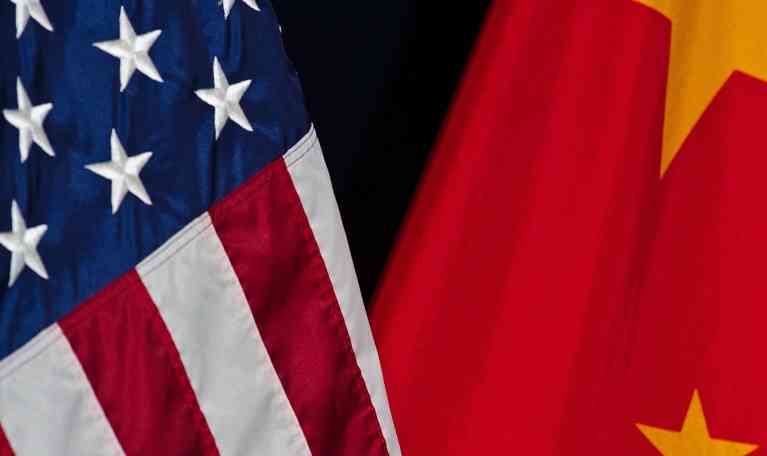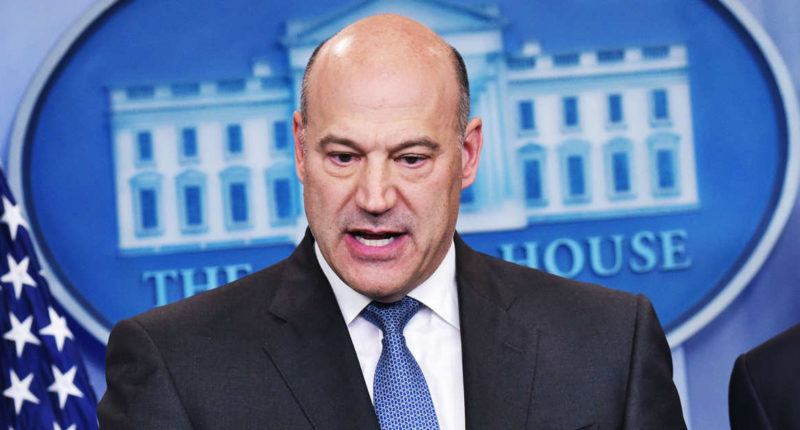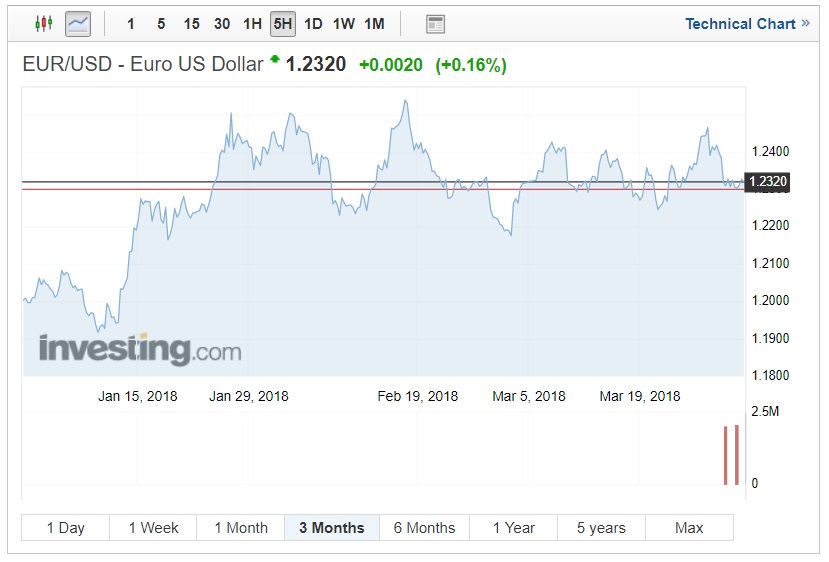As Trump officially signed the bill to impose tariffs on steel and aluminium, volatility has been illustrated on a number of different financial markets; stocks have dropped and the Dollar has also struggled. However, if a trade war was to erupt between two of the superpowers what could the implications be to the global landscape and how could this effect major currency pairs and other financial markets in the long term?

Trade tariffs introduced by Trump
The talk of a trade war began in early March when Trump declared that the US was losing billions to Chinese trade. He claimed that a trade war would be good for America stating that and ‘Trade war would be easy to win’.
Since those claims, Trump has put his money where his mouth is and only a few days later signed an order to impose a 25% tariff on steel and 10% on aluminium but says that certain omissions will be made to key trading partners. At the time these included Canada and Mexico.
His measures were immediately condemned, with the EU stating that if implemented against the European Union, the US would also face the tariffs on its goods. Cecilia Malmström the European Trade Commissioner confirmed likely tariff targets would include US motorcycles, Denim, peanut butter, orange juice and cranberries.
China fires back at President Trump
Shortly after Trump’s decision to implement the steel and aluminium tariffs China confirmed that it too would look at a measure that would level the playing field. The nations ministry statement released a statement shortly after
“China doesn’t hope to be in a trade war, but is not afraid of engaging in one,” the ministry statement said. “China hopes the United States will pull back from the brink, make prudent decisions, and avoid dragging bilateral trade relations to a dangerous place.”
Markets grew anxious on the prospect of an all-out trade war between the US and China. Stock markets fell both in Asian and the US as investors ran for cover. The Dollar has also depreciated against a handful major currency pairs. This quarter has seen the Yuan gain the most against the Dollar in a decade due in part to the US and Chinese tensions, but also the continuing inbound capital investment. Experts believe that the Chinese Yuan could strengthen further if the US and China were able to negotiate away from a trade war.
Gary Cohn, Trump’s top economic advisor, throws in the towel
It would also appear that’s Trump’s protectionist measures have also been faced some adversity by members of the Republican party. It’s understood that around 100 Republicans have sent a letter voicing their concerns about the new tariffs, expressing potential detrimental effects on the US economy.
The concern came to a head in the form of chief economic advisor Gary Cohn’s resignation. Cohn is clearly adverse to the protectionist route that Trump is taking and resigned shortly after Trump signed the tariff bill. Cohn’s departure is just one point in a continuously growing list and is arguably the most significant to part ways with Trump’s team. Cohn who previously held the COO position on at Goldman Sachs had only held the chief economic advisor position for 14 months.
Likelihood of an all-out trade war – Who has more to lose?
Whilst recent developments indicate that communication, in order to avoid a trade war, seems the most likely outcome, markets have been spooked by the developments.
The US treasury remains keen on striking a deal with China on the proviso that China agrees to lower its tariffs on US goods imported into China.
“We’re having very productive conversations with (the Chinese) them. I’m cautiously hopeful we’ll reach an agreement, but if not, we are proceeding with these tariffs. We are not putting them on hold unless we have an acceptable agreement that the president signs off on.”
The proposed US import tariffs are forecast to affect roughly $60billion worth of Chinese imported goods; If however, the Chinese were open to discussion and willing to lower tariffs on US goods a deal could be reached which would accommodate both trade routes and avoid further uncertainty.
Whilst experts note that Trump could have a point about enjoying an ‘Easy Win’ if it was to engage in a trade war with China. Another consideration for the White house is overseas US businesses and subsidiaries which are estimated to sell roughly $223 billion of goods in China every year. Apple, for example, generated roughly $48 Billion in revenue from China in 2016. However, in terms of mobile phone imports, Chinese trade records only note $1billion dollars of trade as the majority of phones were sold through subsidiaries of Apple.
Major currency pairs that could be affected
The ramifications of Trump’s tariffs proposals have been seen clearly in the US and Asian stock markets. However, many currencies have also been shaken by the uncertainty.
Developments have seen investors look further than the Dollar for their currency holdings instead favouring the Euro. A trend which should only be seen more regularly as Trump executes further plan to move towards protectionism.
The Euro has managed to get away from its crises riddled past, the economy shows positive signs of growth and the tapering should start to drive bond yields finally.
In terms of trade, the European Union is looking towards Latin America and Asia for new prospects.
Safe havens such as the Japanese Yen will also appreciate whilst their stock markets will continue to be volatile and or depreciate. This trend will do little to assist Shinzo Abe’s strategy whereby employment is delivered by Japanese company profits, in turn, the middle class prospers improving buying power. All of which is essentially hinged on the Bank of Japan’s monetary policy which requires the Yen to remain low allowing for free running credit to businesses.

